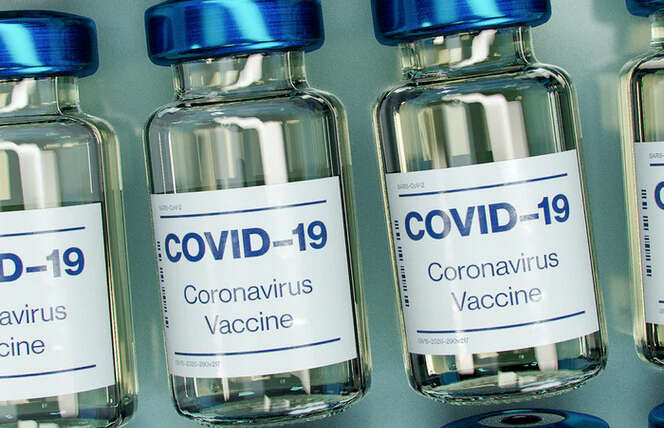The Occupational Health and Safety Administration (OSHA) recently released its highly anticipated guidance for employers concerning Covid-19. The guidance from OSHA primarily focuses on healthcare workers, but it also addresses recommendations geared toward all types of employers. These recommendations come at a pivotal time as many employers have implemented back to work in-person strategies, or a hybrid thereof.
As an employer, here is what to know about the new guidelines.
Guidelines for non-healthcare related employers
OSHA’s newest guidelines are very similar to the most recent mask guidelines from the CDC.
For fully vaccinated employees
The guidelines state that fully vaccinated employees can resume work-related activities without masks and without social distancing unless required by state or local laws. Currently, there is no mandate on face masks or social distancing in the State of Texas.
One of the main questions now facing employers is, of course, “how do you verify employees’ vaccination status?” Many companies have simply opted into relying on an honor system as this satisfies what is known as a general duty clause.
The takeaway? At this stage, there are no defined legal requirements or penalties for non-healthcare-related employers. However, the general duty clause is something employers should absolutely be aware of and remain in compliance with concerning Covid-19 workplace requirements.
If multiple employees become sick with Covid in the workplace, there is a high probability employees will report this to OSHA. At that point, an investigation might ensue. The question asked will undoubtedly be whether or the general duty requirement followed. Discovering the general duty requirement was not followed raises serious legal issues which must be addressed.
For unvaccinated employees
For workers who are not Covid-19 vaccinated, OSHA has several other recommendations. Among these recommendations include:
- Implement physical distancing for unvaccinated or at-risk workers;
- Provide unvaccinated workers with masks;
- Educate and train workers on Covid-19 policies;
- Perform routine cleaning and disinfection upon confirmed Covid-19 cases.
OSHA also suggests that companies provide paid time off (PTO) for employees to get vaccinated. In doing so, employers may be eligible for certain tax credits. OSHA’s guidance also recommends that employers continue to report Covid-19 cases in the workplace.
Guidelines for healthcare-related employers
Employers in the healthcare field face the strictest requirements based on OSHA’s new employer guidance. Because of this, the legal ramifications involved are most severe for the healthcare industry.
OSHA released a temporary emergency standard that applies to all employers in the following fields:
- Employers who provide healthcare services;
- Employers who support healthcare services, as well as those working in hospital admissions;
- Patient food services and support-related roles in healthcare facilities.
The requirements outlined in the temporary emergency standard include, but are not limited to:
- Daily screening of employees;
- Requirements to provide paid time off for employees to receive the Covid-19 vaccine;
- Ensuring workers wear face masks while indoors.
With this being said, some exceptions may exempt certain employers in the healthcare industry from these requirements. However, these exemptions require those employers adhere to additional conditions, include requiring employees to be fully vaccinated. In addition, visitors who are not employees must be screened before entering a workspace. If a case of Covid-19 is suspected or confirmed in a non-employee, they cannot be present in the workplace.
Finally, the temporary emergency standard reiterates is that employers can be cited if they retaliate against employees who voice concerns about unsafe working conditions related to Covid-19.
Have questions about the new employer guidance from OSHA?
If you have questions about how the new guidance outlined by OSHA affects your business and employees, we encourage you to contact us. While much of the new guidance has stricter consequences for healthcare-related employers, it is still applicable to all employers. Let us help ensure that your business remains in compliance with all laws as they relate to Covid-19.



